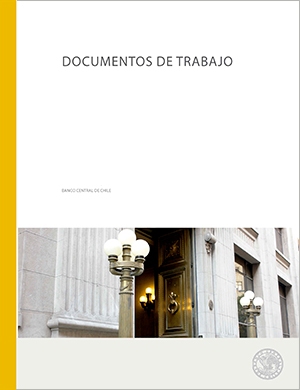Working Papers N° 273: Emerging Market Lending: Is Moral Hazard Endogenous?
Publications
Working Papers N° 273: Emerging Market Lending: Is Moral Hazard Endogenous?
Autor: Tobías Broer
Description
This paper presents a simple model to analyse how moral hazard resulting from information asymmetries in financial markets affects growth in financially open developing countries. We find that if domestic entrepreneurs can gamble with foreign creditors’ money, borrowing under standard debt contracts is constrained by a No-Gambling Condition similar to that of Hellmann, Murdock, and Stiglitz (2000). However, this incentive constraint is endogenous in the development process: growth increases entrepreneurs’ own capital at risk, thus reducing gambling incentives, but it decreases profitability of capital investment, which has the opposite effect. General equilibrium under moral hazard shows a unique and stable steady state, but involves at least temporary rationing of profitable projects and possibly capital flight from developing countries.
Working Papers N° 273: Emerging Market Lending: Is Moral Hazard Endogenous?
Boxes and graphics

